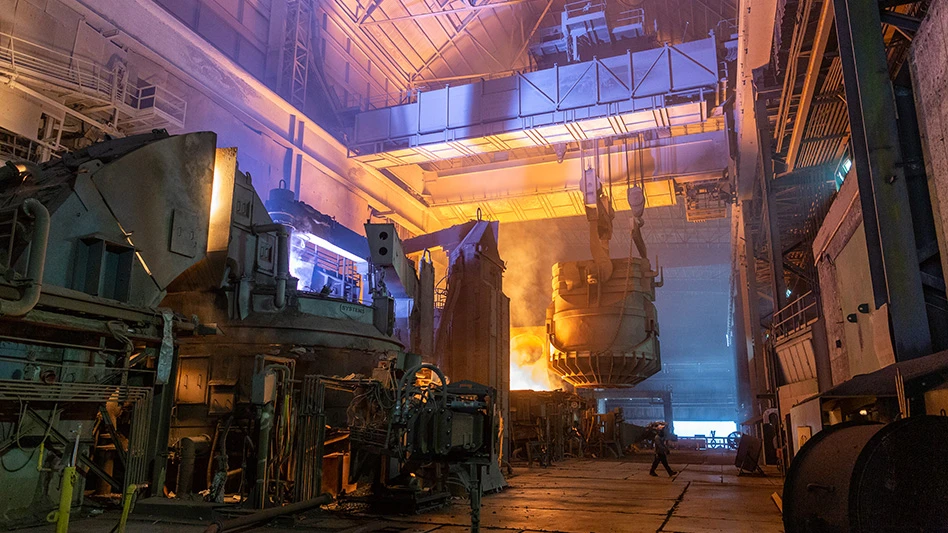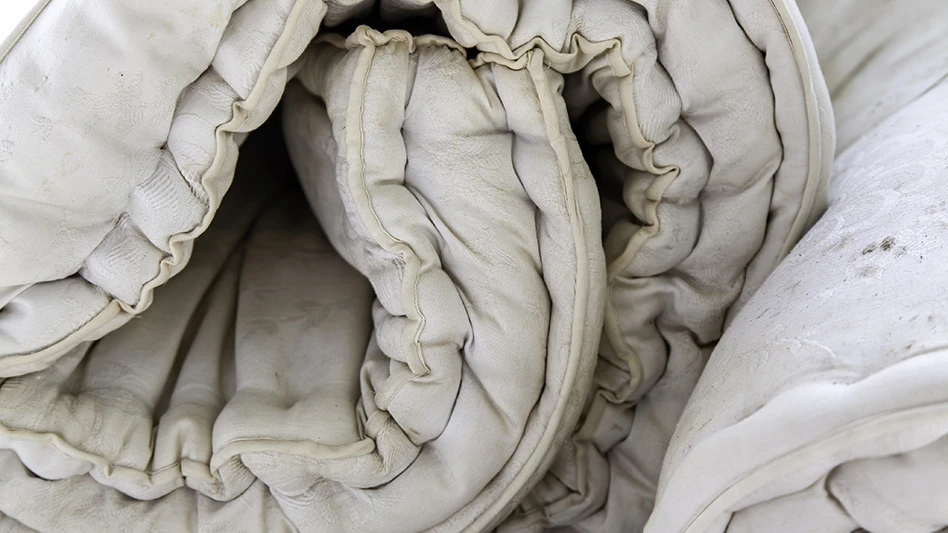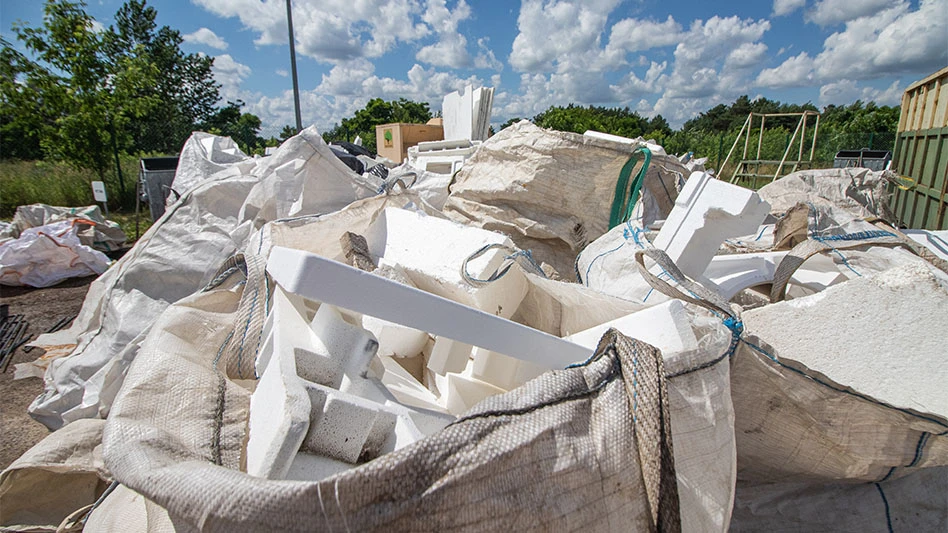
Image courtesy of 24M
Cambridge, Massachusetts-based 24M has released new testing data for its Impervio battery separator and says the product addresses the growing concern of battery safety for electric vehicles (EVs), energy storage systems (ESS) and consumer applications.
Impervio, which was first announced in January, addresses the safety risk of overcharging, among other benefits. The company notes that overcharging occurs when a battery exceeds its safe charging threshold yet continues to charge and overheats—which has caused numerous EV fires over the past year.
“Battery safety is a major roadblock to the widespread adoption of EVs,” 24M President and CEO Naoki Ota says. “Recent EV fires around the globe have highlighted why new battery safety innovations are required. A sustainable energy future is only possible with innovations like Impervio, which can help prevent battery fires and create new opportunities for battery innovation.”
According to 24M, overcharging can lead to dendrite formation and an internal short, which can result in a battery fire and/or explosion. Impervio is designed to obstruct dendrite propagation by controlling the cell at the individual electrode level, preventing dendrites from propagating and enabling early fault detection. The technology can prevent thermal runaway by monitoring the cell’s electrochemistry and enabling the implementation of a failsafe in the event of a potential short.
In new testing, 24M says it compared performance and safety between two different battery pouch cells—a 10 amp-hour high nickel manganese cobalt (NMC) graphite pouch cell with an Impervio separator and another off-the-shelf NMC graphite pouch cell with a conventional separator. The company says both cells were brought to a fully charged state and then advanced to 100 percent overcapacity, or twice the manufacturer’s specified maximum voltage. 24M claims the cells with Impervio demonstrated “robust performance” without shorting or overheating with a full hour of overcharge. In contrast, 24M says the off-the-shelf cells overheated consistently with dendrite-caused micro shorts occurring after 15 minutes of overcharging and the cell exploding after 38 minutes.
Latest from Recycling Today
- Alpla calls 2024 year of recycling growth
- Altilium says agreement puts it on lithium recycling path
- NWRA, SWANA partner to address lithium-ion batteries
- Corinth, Texas, renews waste contract with CWD
- Fresh Perspective: Sarah Zwilsky
- Plastics Industry Association announces leadership changes
- QCC celebrates 50th anniversary
- Venture Metals acquires 2 nonferrous processors





